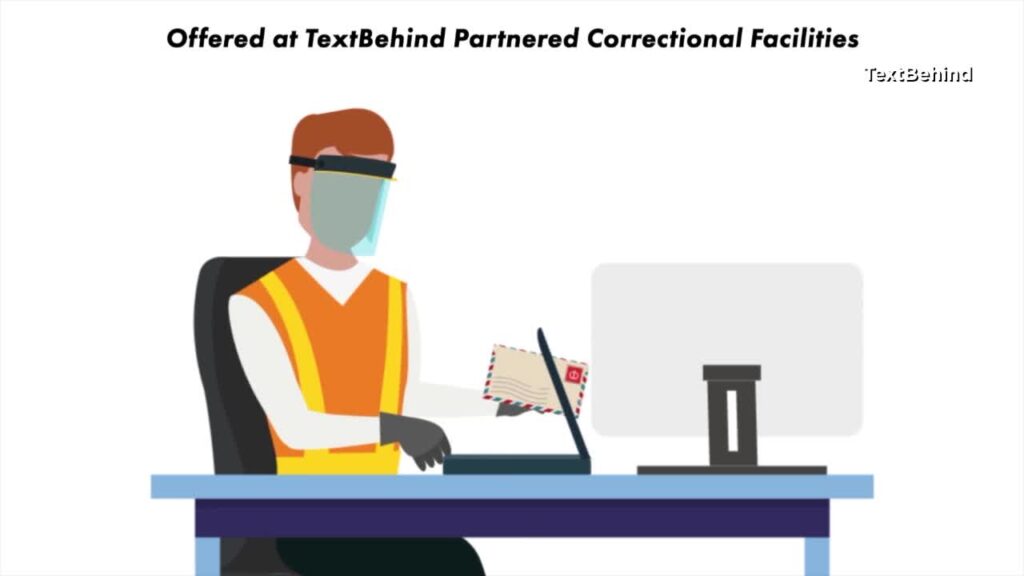3rd-party mail scanning is coming to Minnesota’s prisons after numerous drug incidents
In an effort to crack down on drugs and other contraband entering the state’s prisons, the Minnesota Department of Corrections is launching a new mail management system through a private, Maryland-based vendor.
The state’s new half-million dollar contract with TextBehind comes after a multi-day lockdown at the Stillwater prison facility in September where nine corrections employees were treated for exposure to synthetic marijuana, according to the corrections department.
While agency officials are still investigating the incident, they believe mail was soaked in K2 and then smoked inside the prison.
Commissioner Paul Schnell tells 5 INVESTIGATES his agency is seeing an uptick in similar cases — with an estimated two dozen workers being treated for drug exposure this year — and it required emergency action.
Currently, corrections employees are scanning incoming mail and producing copies for incarcerated people in some of the state’s facilities.
“This creates incredible efficiencies for us, and right now we’re spending considerable time and considerable money,” Schnell said. “In some instances, we were looking at toner costs at one facility alone touching almost $20,000 a month.
“So when we started to add, look at the business side of this, this vendor proposition, actually, we believe in the long haul, will save money, and really, absolutely makes it safer, because that mail is never coming into the facility,” he added.
Criminal defense attorney Jack Rice says backlash can be expected and legal action is possible.
“The dehumanization piece of this is something that really can’t be ignored,” Rice said about the fact inmates won’t be receiving the original piece of mail.
Another piece Rice says is the impact this will have on the inmates following the rules.
“The rights of those who have done everything right under these circumstances to simply get better, and this may actually make them worse,” Rice added.
An attorney for the American Civil Liberties Union of Minnesota, Ian Bratlie, sent the following statement.
“Drugs in mail is not a new issue but how the state confronts it becoming more and more problematic. What we are seeing is that courts and states are more and more likely to restrict constitutional rights from groups – be it inmates, immigrants, or homeless – in the name of security. DOC has better ways to deal with this problem than to violate all Minnesota inmates rights. And involving a third party is yet another example of taxpayers paying costs that prisons themselves should be doing.”
RELATED: Multiple investigations opened into illegal drug smuggling at Stillwater prison
The new system, which goes live on Friday, requires family and friends to send mail to TextBehind’s facility, which is about 20 miles north of Baltimore. The company will process the mail and ship copies back to Minnesota’s corrections facilities.
TextBehind also has a free mobile app for loved ones to stay in contact with incarcerated people.
The change will also affect how incarcerated people communicate with attorneys and others who use legal mail. Now, attorneys and similar senders will have to be verified through TextBehind’s system with the DOC.

“This initiative goes beyond safety,” Schnell said in a statement. “It represents our commitment to modernizing corrections for the benefit of staff, incarcerated people, and their families.”
RELATED: Minnesota DOC addressing safety concerns at Stillwater prison
In 2022, the nonprofit, nonpartisan Prison Policy Initiative estimated at least 14 other states were scanning mail — including at least two others that use TextBehind. A year earlier, Wisconsin corrections officials announced a partnership with TextBehind after reporting a similar increase in drugs coming through the mail.
The Prison Policy Initiative warns of a “chilling effect” created by mail scanning because people don’t want their communication scanned into a searchable database. Schnell also anticipated some pushback after hearing similar complaints about not having the actual, physical piece of mail.
“The objective of safety has to trump those concerns,” Schnell said. “And I think people understand that it’s challenging, it’s difficult, but this is where we are.”